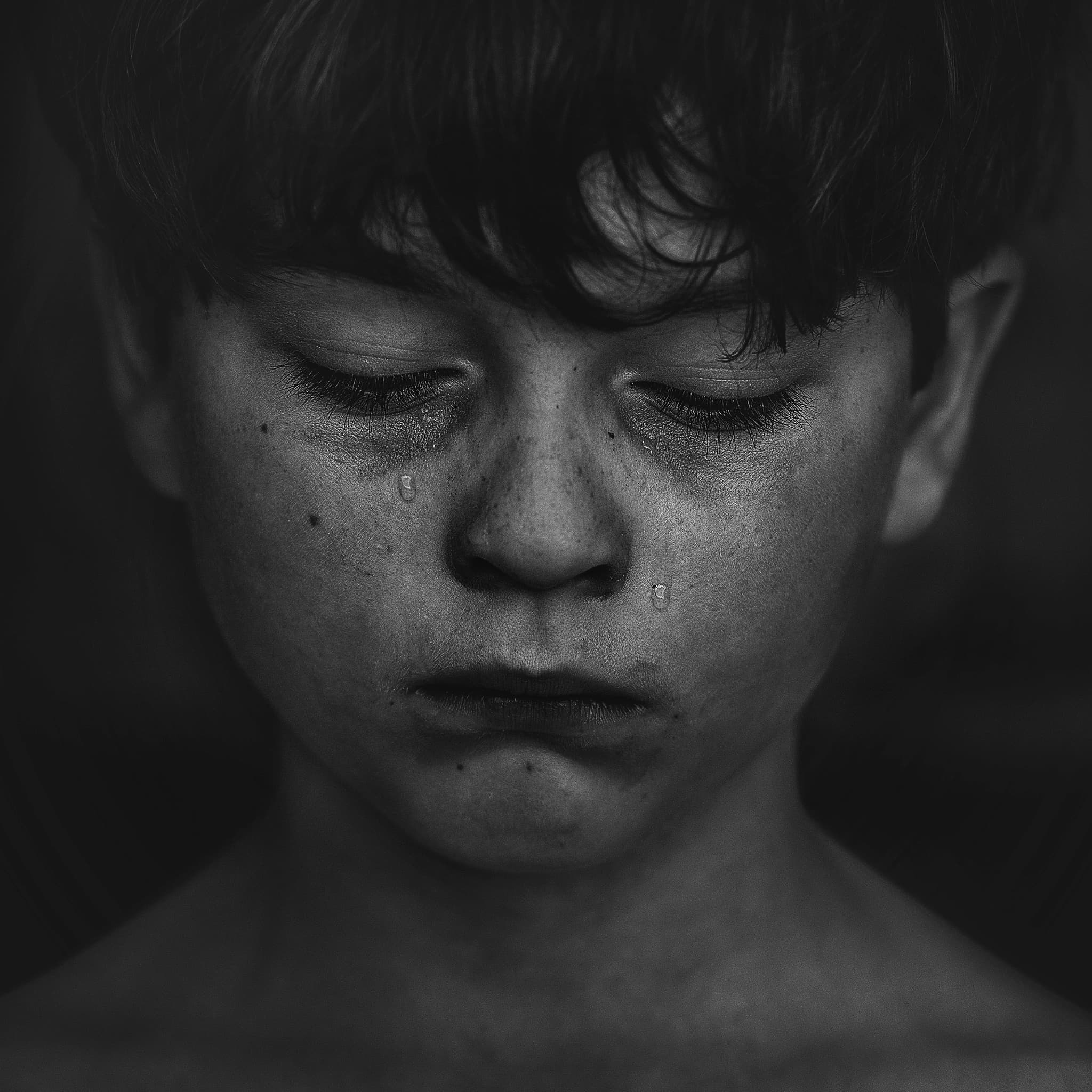Advocacy
Leadership
Quality
Research
Understanding Children
Workforce
Bullying in the early years leads to depression later in life, study finds

Freya Lucas
Feb 07, 2019
Save
A new study of 198 two and three year olds engaged in early learning in Canada has found that children who both bully and are themselves bullied are more likely to show signs of childhood depression, and are more likely to experience depression later in life.
The study, which was published in Early Childhood Research Quarterly, looked at both physical and emotional bullying, finding that emotional bullying - such as withholding friendship - was more common amongst girls, with the authors speculating that this was due to stronger language skills.The children involved in the study were predominantly caucasian, and from middle class demographics, attending publically funded, high-quality preschools in Canada. Authors speculated that students in early childhood education and care (ECEC) settings, which did not receive public funding, or which had a lower quality rating, may be more prone to bullying and being bullied, and therefore at higher risk of depression.
Professor of child psychology and co-author of the study, Tracy Vaillancourt, said that bullying by young children is “very obvious. They’re not very good at it, but it’s still very effective.”
Bullying tactics by two and three year olds observed in the study included emotional bullying (not allowing others to sit with them, turning their backs on one another, or covering ears and eyes when the victim was speaking) and physical aggression. Whilst physical aggression is common at this age, with Professor Vaillancourt saying 65 per cent of children use it regularly, the combination of frequent emotional bullying and physical aggression could lead to depression, authors said.
“You can garner so much more support if someone thumps you on the head, because everyone sees it. But if someone says something to you behind the back of the teacher, you could really suffer in silence for a long time,” Professor Vallaincourt said.“Children who are depressed are actually pretty easy to pick out too,” Professor Vaillancourt said of preschool-age students. She described two and three year olds as “inherently little narcissists. They think they’re amazing — the fastest runners, the funniest. So it would be atypical for them to say they hate themselves or be down on themselves.”
Other things educators should be aware of when screening for depression or depressive responses to bullying included negative themes in play, disrupted sleep, low appetite, and decreased activity levels.
“Changes from normal behavior, like a generally happy child who is suddenly saying negative things about him or herself, are other indicators that a young child may be suffering from depression,” said Professor Vaillancourt.
The study did not examine children’s home lives, and whilst the current research on childhood depression assumes a home environment has a strong impact on a child’s mental health, the authors of the report have determined that peer relationships among young children should be studied more carefully, to determine a link.
Don’t miss a thing
Related topics
Understanding Children
Affordability & Accessibility
Report Summaries
Advocacy
Leadership
Compliance
In The Field
Marketplace
Products
General News
Legislation
Events News
Politics
Allied Fields
Innovative Research
Professional development
Family Day Care
Long Day Care
NQF and Policy Changes
Outside School Hours Care
Preschool
Corporate activity
Supply & Demand
Changes
Reporting
Examples
Property


















